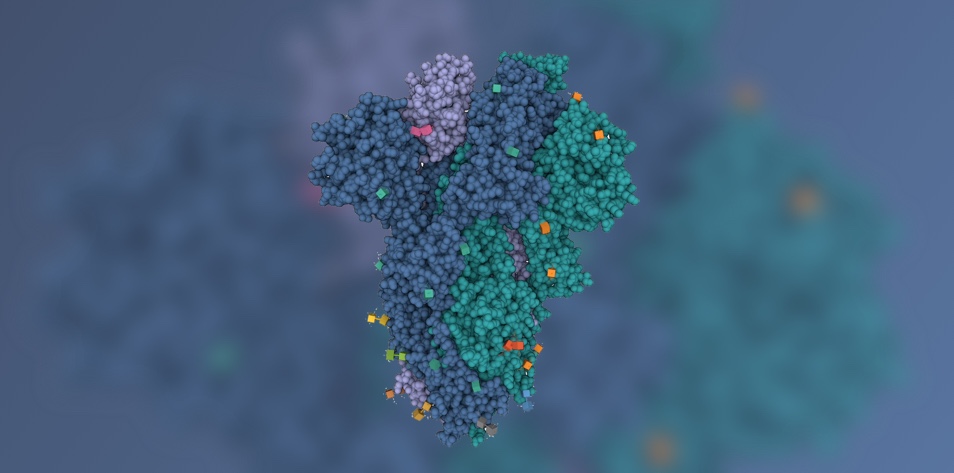
The omicron variant of COVID-19 was first detected in South Africa, and within days, countries around the world began detecting cases within their own borders.
What makes this variant so concerning is the number of mutations it’s undergone. It’s left the world wondering, will this variant be more transmissible, will it cause more severe symptoms, and do our vaccines still work against it?
The COVID vaccines are designed to teach our bodies to look for an identifying mark on the virus, called the “spike protein.” It’s a bit like looking for someone wearing a red and black flannel shirt. Once we know what to look for, it’s easy to identify them. In the case of our immune system, it not only identifies the virus, but destroys it.
Now here are the five main variants of concern. The alpha, beta, gamma, and delta variants all had around eight to 15 mutations to the spike protein. Omicron, in comparison, has more than 30 mutations on the spike protein. These mutations to the spike protein are concerning because if the spike protein changes enough, or in certain key places, it might make our vaccines less effective.
Is Omicron More Transmissible?
This variant is more infectious. With the Delta variant, an infected person infects one other person on average. However, a person with omicron, on average, is predicted to infect over four other people, making it four times more infections than the Delta variant.
Infection rates vary considerably in different places, depending on many factors like how many people are vaccinated, and what public health measures are in place to try and control the spread of disease, like mask wearing or lockdowns.
With that in mind, on a global level, some researchers are predicting one person with the variant may infect six to eight people on average.
Is Omicron More Severe?
Another concern with omicron’s mutations is that it may cause more serious symptoms, and be more deadly.
Early discussion suggested that it may produce milder symptoms compared to other COVID-19 variants. But there are a few issues with this claim.
First, a large majority of South Africans have likely already been infected with COVID-19 or a variant of it. In particular the delta variant. Some estimates suggest 80% of the population may have contracted the disease since the beginning of the pandemic. And around 30% of the population have received two vaccines and have been infected with the disease, making them particularly resistant to omicron symptoms. Only a very small percentage of the population in South Africa has no immunity against COVID-19 at all.
In comparison, as of December 17, 2021, just under 20% of people in Ontario have received no vaccine, and just under 10% have received three vaccines. So many more people in Ontario are likely to experience more severe symptoms than those in South Africa.
A second factor to consider is the population age. In South Africa, the median age is 27 years. In Ontario, it’s over 40. And we know age plays a significant role in how severe COVID-19 symptoms can be, with older people getting more severe symptoms.
But essentially, if you’re not vaccinated, or completed your vaccinations several months ago, it’s still unclear if the severity of the virus will be less.
How Well do Vaccines Protect Against It?
So how well do our current vaccines protect us against this variant? Being vaccinated with two-vaccines appears to protect people well from severe illness and hospitalization – and even better with a booster. That’s the good news. However, news from the World Health Organization suggests that vaccines may need to be reworked to address omicron and future variants.

By Kyle Slinn, RN, BScN, MEd
Registered Nurse
Published January 14, 2022
Join the Conversation
Register for Figure 1 and be part of a global community of healthcare professionals gaining medical knowledge, securely sharing real patient cases, and improving outcomes.


